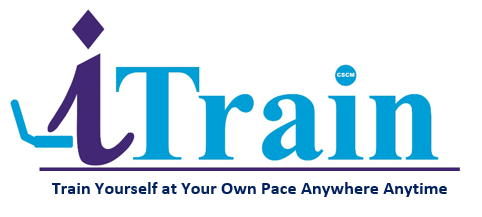
 |
No. of participants enrolled: 7 |
Category: Procurement |
Level: Bid Evaluators |
Course Title: Bid Evaluation Methods and Methodology
|
This course consists of 5 modules namely:
Module 1: General Course Overview
The number of stages in a procurement cycle can vary based on factors such as the nature, value, and complexity of the subject matter. It is essential for participants to differentiate between goods, works, consultancy services, and other services as their procurement processes may differ. However, all categories of procurement share some fundamental processes. Module 1.1 emphasises the four main stages that are typically present in a procurement cycle. Understanding these stages provides bid evaluators with an overview of the overall proceedings and how the bid evaluation process fits into the larger picture. By familiarising themselves with these stages, bid evaluators gain a comprehensive understanding of the procurement cycle. This knowledge enables them to perform their roles more efficiently and contributes to the successful execution of the bid evaluation process.
Module 2: Goods Course Overview
In this particular module, you will be learning how to evaluate bids submitted by bidders for goods contracts. Procurement of Goods is the most recurrent procurement carried out in the Government. Every year, more than 4000 procurement of goods are effected across different public bodies. Different types of goods are usually purchased ranging from simple pencils up to complex equipment such as generators, turbines, cargo vessels. The key elements in procurement of goods concerns timely delivery, quality of product, aftersales service, pricing and supplier reliability. Such aspects have to be scrutinized well during evaluation for successful procurement. Nowadays new modes of evaluation have come into play such as Life cycle costing, reverse auction and sandbox. This module will further detail these processes so that participants can apply these methods during evaluation of bids.
Module 3: Works Course Overview
In this particular module, you will be learning how to evaluate bids submitted by bidders for works contracts. You will note that in the public sector, around 50 percent of value of procurement are spent on works contracts only while the other 50% is divided into goods, consultancy services and other services. This makes procurement of works together with the evaluation process a crucial factor to consider for better value for money, efficiency and successful project delivery. Procurement of Works is completely different from procurement of goods. Works have its own specificity, complexity, conditions, payment mechanism, duration, to name a few, which are distinct from other procurement categories. Therefore much emphasis should be laid during evaluation of bids to assess the capacity of the bidder to perform the works to the satisfaction of the Public body.
Module 4: Consultancy Services Course Overview
It is important for participants to first know the importance of the different approaches in consultancy services as per the prevailing legislations, namely the Public Procurement Act, also known as PPA. First, the most common approach in consultancy services procurement is: request for proposals. In a request for proposals document, shortlisted consultants are invited to submit technical and financial proposals. First, technical proposals are evaluated and then financial ones are evaluated depending on outcome of technical evaluation. In order to shortlist consultants for request for proposals, consultants may be invited to participate in an expressions of interest. The selected consultants will be shortlisted to receive the request for proposals document at a later stage. EOI is not a procurement exercise. We can also invite consultants to bid through an open advertised bidding method either locally or internationally. Framework agreement is another way to select consultants. They submit their technical offers and are then asked to enter a framework agreement. As and when required they will be asked to submit financial proposals for specific assignments. There are normally two types of contracts for consultancy: time based and lump sum. Both are further explained later.
Module 5: Other Services Course Overview
In this particular module, you will be learning how to evaluate bids submitted by bidders for other services contracts. Basically, as per the Public Procurement Act, the term ‘other services ‘ means services which are not consultancy services. This includes cleaning services, security services, catering services, transport services, etc. In brief, whichever services a public body is procuring which falls outside the definition consultancy services in the Public Procurement Act, can be considered as other services. In these types of procurement, generally quality is of utmost importance. For example when procuring security services for a state bank, one would require high level of professionalism and integrity from the security guards proposed by the service provider. So when we evaluate services, general consideration is made on quality. However, this does not preclude price, which should also be considered. We will look at all these later.
Below are the 5 options for participants.
|

